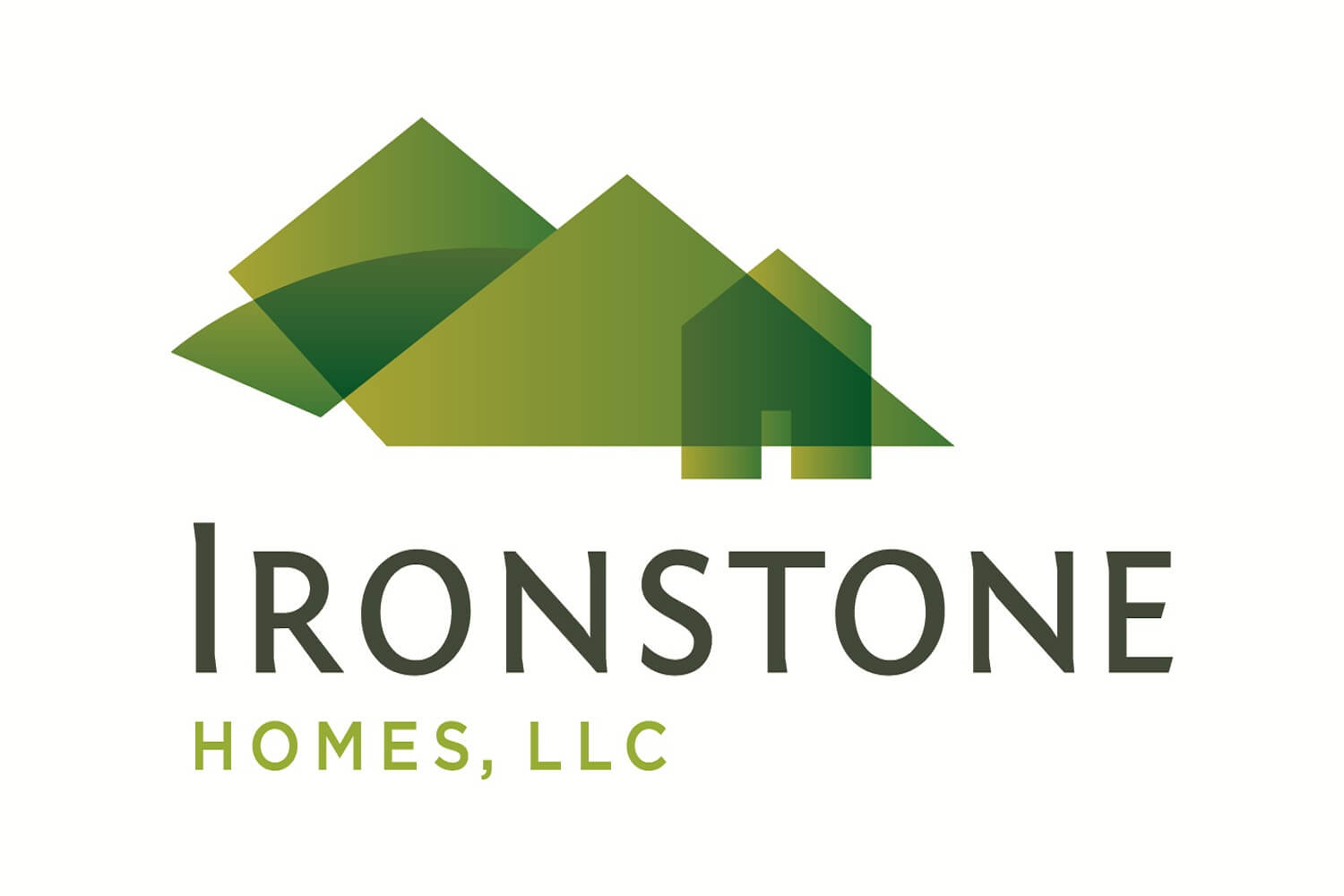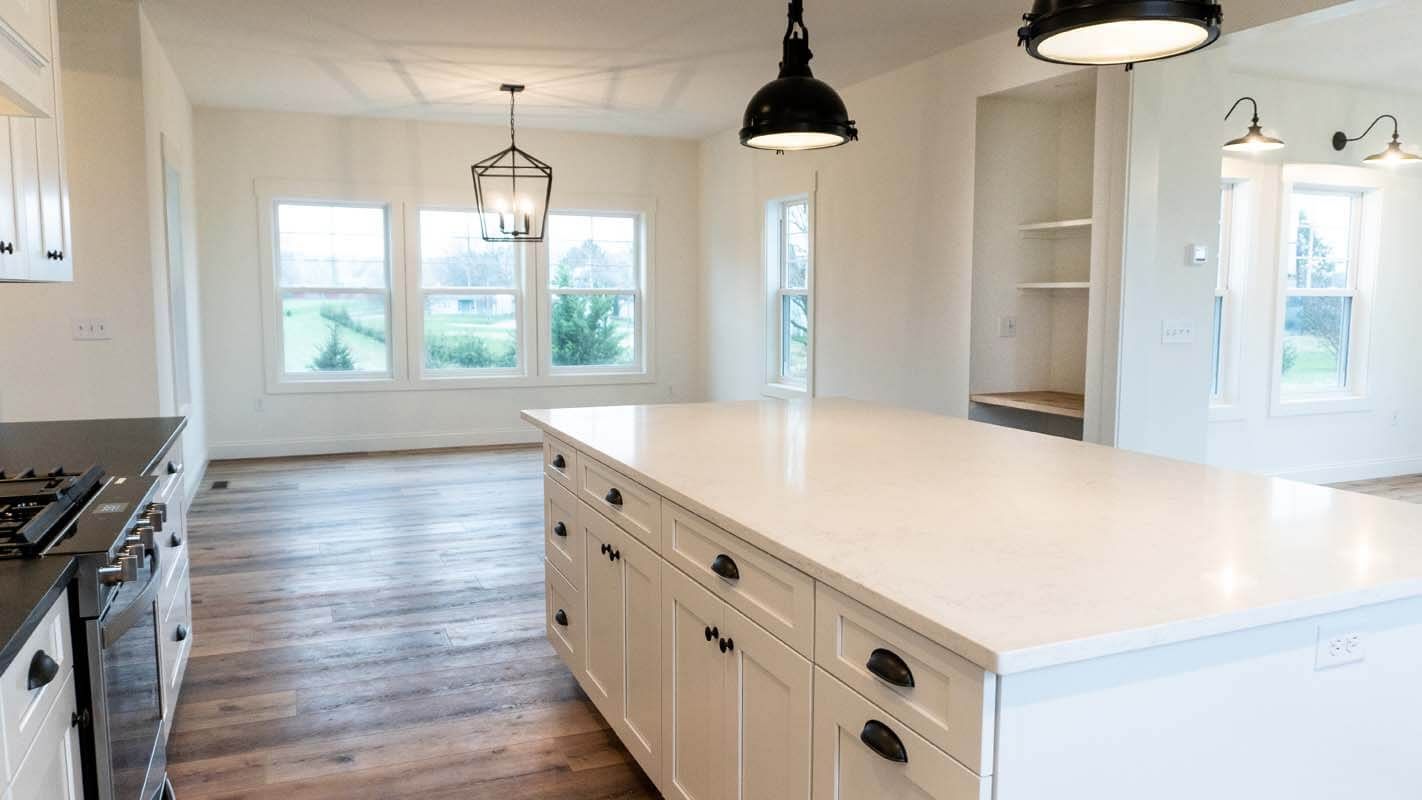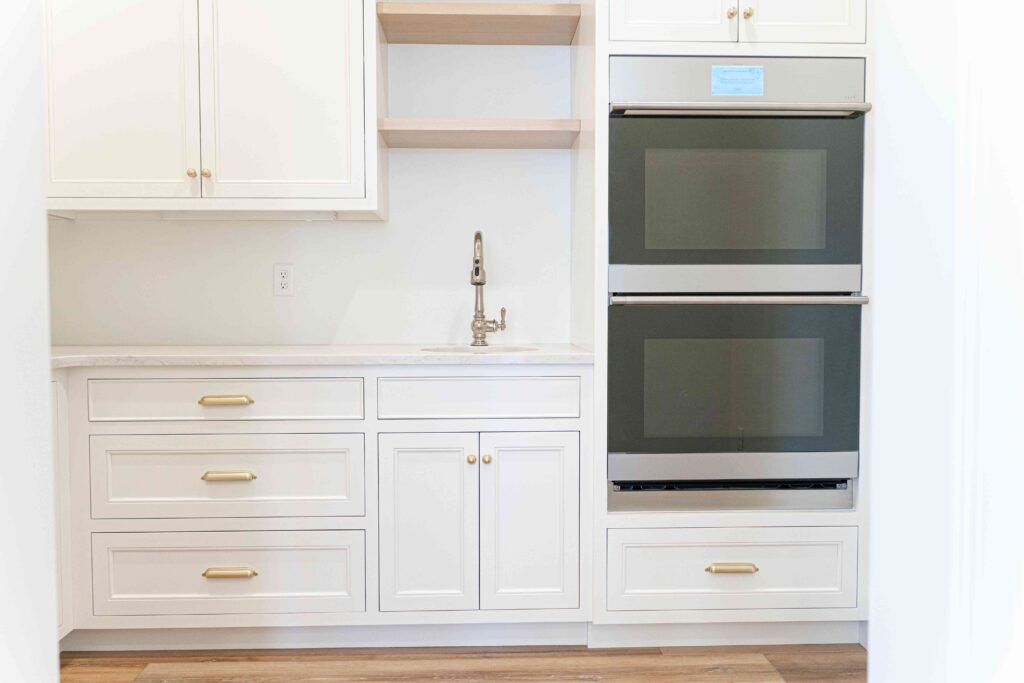Key Takeaways
- While the decision to renovate your existing house versus building (or buying) a new house will ultimately be a personal one, I find that the conversation usually revolves around four primary factors: 1) availability of a lot to build on; 2) overall cost of an addition; 3) home values around your current home; and 4) whether you “want it” badly enough.
- Final home value is a significant factor, as it can often be hard to justify a house renovation that costs so much as to take your home well above the current real estate market in your area. For example, homeowners considering a home remodeling project that will cost $150,000, on a home that’s currently worth $350,000, in a neighborhood where the highest home value is $400,000, may find it hard to justify their old house renovations.
- Large home renovation projects aren’t cheap, either, and many homeowners are surprised by the cost to add on to an existing structure, which can often reflect a similar cost-per-square-foot as building a new house.
Is It Better to Renovate an Existing Home or Build New?
That’s a darn personal question, but it’s one we have regularly with discerning homeowners who are trying to decide whether it makes more sense to sell their home and build a new house, or simply add on to their existing home to create the living space they truly want.
As custom home builders who do both new construction and significant renovating work or additions, I’ve walked with many potential clients who are trying to make this new home versus older home decision. Before we get into some of the deciding factors, I want to briefly examine why people are considering a property change in the first place.
The Usual Goals of Building a New House (Or Not)
What drives people to consider building or renovating in the first place? It’s generally about getting the exact house, with the right square footage, that they want! For many, it’s a matter of the family outgrowing their current home; career advancement may have opened the opportunity for greater income, and thus a larger or more refined home; and yet for others it’s simply a question of location or lot size.
Projects we commonly tackle when it comes to improving an existing building include:
- expanded living spaces like a great room, family room, or rec room
- attached or detached garages or outbuildings, often with “bonus rooms” for storage, a home office, etc.
- master suite additions
- kitchen additions, often with some extra space like living rooms and family rooms
Considering renovations can be a strategic way to save money, especially when compared to the costs involved in new constructions. This approach allows homeowners to focus their budget on specific areas that need improvement, offering a cost-effective alternative to the expenses of building anew. But, it doesn’t always make sense!
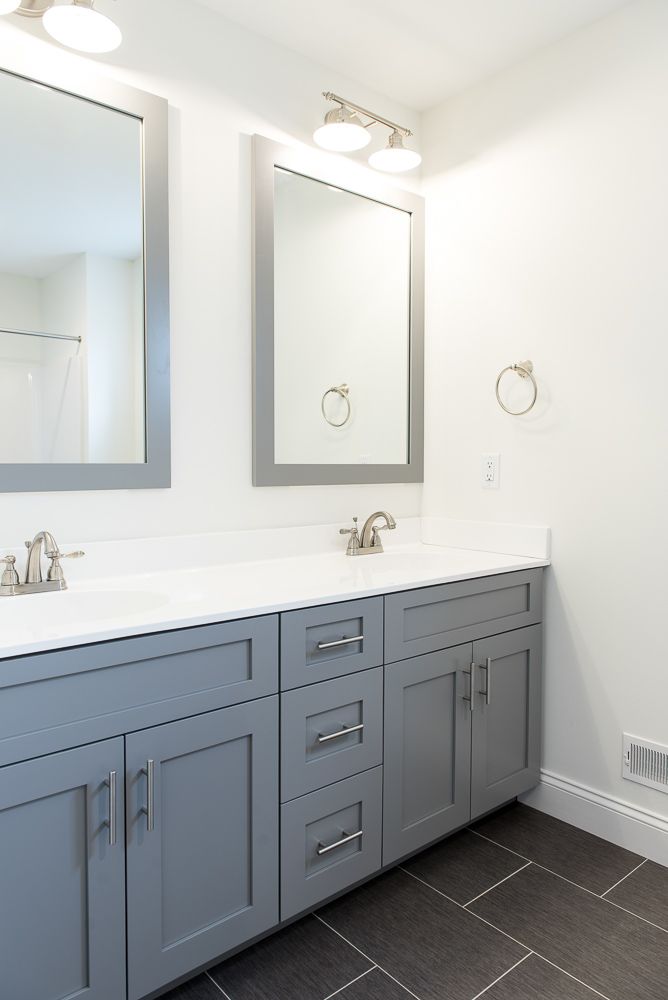
Four Questions to Ask Before You Build Versus Buy
Whatever the driving reasons, I often help clients think through four major factors before deicing whether to build a new home or add on to and renovate an existing home.
1. Do You Have a Place to Build A New House?
Assuming you have the financial means, the biggest factor (and usually where we begin the conversation) is whether you have land or a lot to build on.
As Lancaster County home builders, I know first-hand that it’s becoming increasingly difficult to find build-able lots. It’s not impossible, but planning for new construction first means having a place to build! For most of our new construction projects, our clients have a lot already picked out or available: a carve-out from a family farm, a lot they know is coming up for sale, or similar.
While we occasionally have land to offer or suggest for prospective clients, it’s not common these days. If you don’t already have land picked out or some options, that’s often where the “build a new house” conversation ends.
2. What Will Your Dream Addition or Renovation Cost?
Getting an initial cost estimate and having a budget in mind is often the second most important factor in whether to buy or build. We’re always happy to talk preliminary numbers and provide a free estimate up front!
The price to build or renovate has increased meaningfully in recent years as the two primary inputs – materials and labor costs – have gone up. Whether you remodel or build new, many prospective construction customers are surprised by costs these days.
This is often where the conversation goes next: how much will it cost to build a new home or remodel, what’s your budget, and which might be more cost-effective?
Generally speaking, doing some meaningful interior design work to remodeling within the framework of an existing structure will cost less than building from scratch, but that’s not always the case. And, what exactly you’re renovating can meaningfully change the price per square footage: a kitchen with custom cabinetry will take a lot more money than an open recreation room with few amenities.
3. What are Home Values Like in Your Area?
The value of your home compared to the value of homes in your neighborhood or area is another significant factor in deciding on a house renovation or building a new house.
An example might help to illustrate this:
Let’s say you live in a modest home worth about $300,000. The home is mostly up to date, and home values in your neighborhood run from $250,000 to $375,000.
You haven’t located land to build, and you also haven’t seen a home you would love to buy, so you’re considering remodeling. You want to add a master suite above a new kitchen to give your growing family more room, turning your old kitchen into an office and laundry room. This renovation would transform how you use the home and give you space that your family can enjoy for decades.
After an initial consultation, you learn that you renovation plans could run as high as $175,000 to $200,000, meaning that you could have a $500,000 home in a $375,000 neighborhood. For many people, that’s a non-starter, and moving or building becomes the de facto better answer.
4. How badly do you want to make the change?
On that same note, some people simply want their renovations done – or to build a new home – so badly that being cost effective simply isn’t a concern!
Some people simply want a clean slate in their existing home, and love the location or neighborhood enough, that they’re ready to do what it takes. Whether it’s about living space, luxury amenities, energy efficiency, or WHAT, they’re ready to make it happen, as they recognize the benefits they’ll enjoy for years to come!
Other Considerations and FAQs
People often ask how long it takes to build versus an addition or renovation.
Renovations are usually done in much shorter timeframes, of 1-3 months for larger projects. The home-building process can take 3-6 months, for comparison.
Other factors in the decision to move include:
- moving costs
- how time consuming it is to move
- how much you might be able to sell your home for
- Stability or structural integrity of your current home in relation to your aspirations
- and more!
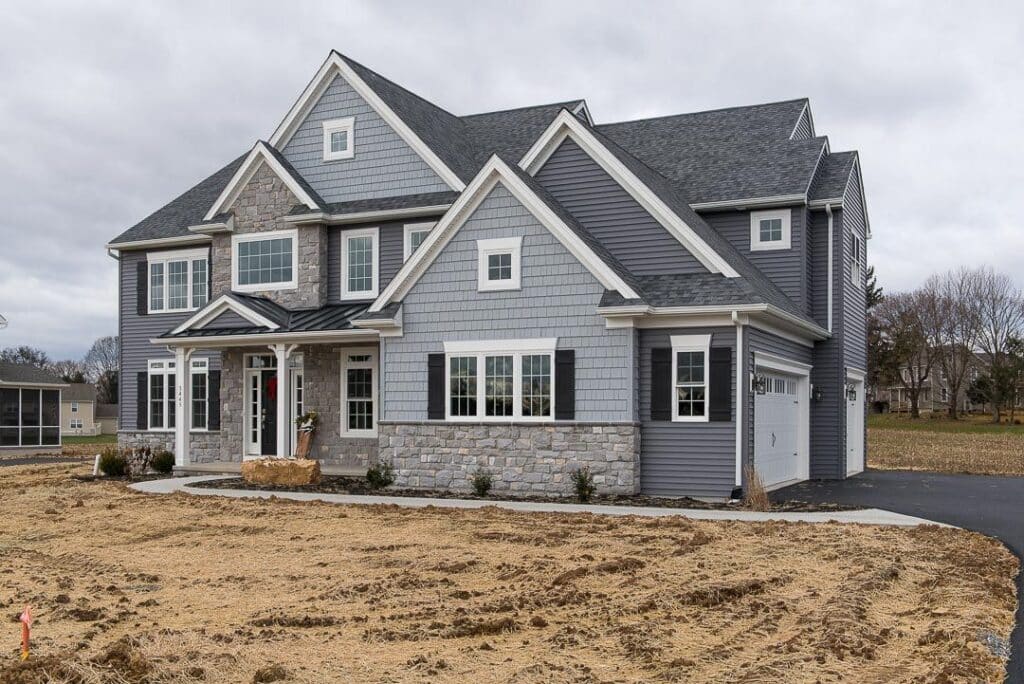
So – Build New, Buy, or Undertake Home Renovation? Let’s Talk!
Where you live and in what kind of home is a highly personal decision, and our job is to help you navigate these decisions with care and honesty. While the above are great starting questions for your old home vs new one debate, we’re always happy to have a starting conversation with aspiring home improvement folks.
If you’re ready to make your dream space a reality – whether you’re looking to build or renovate – we’re here to help. Give us a call today to start the conversation, get some initial ideas for your home or dream home, and get a free preliminary estimate for your project.
